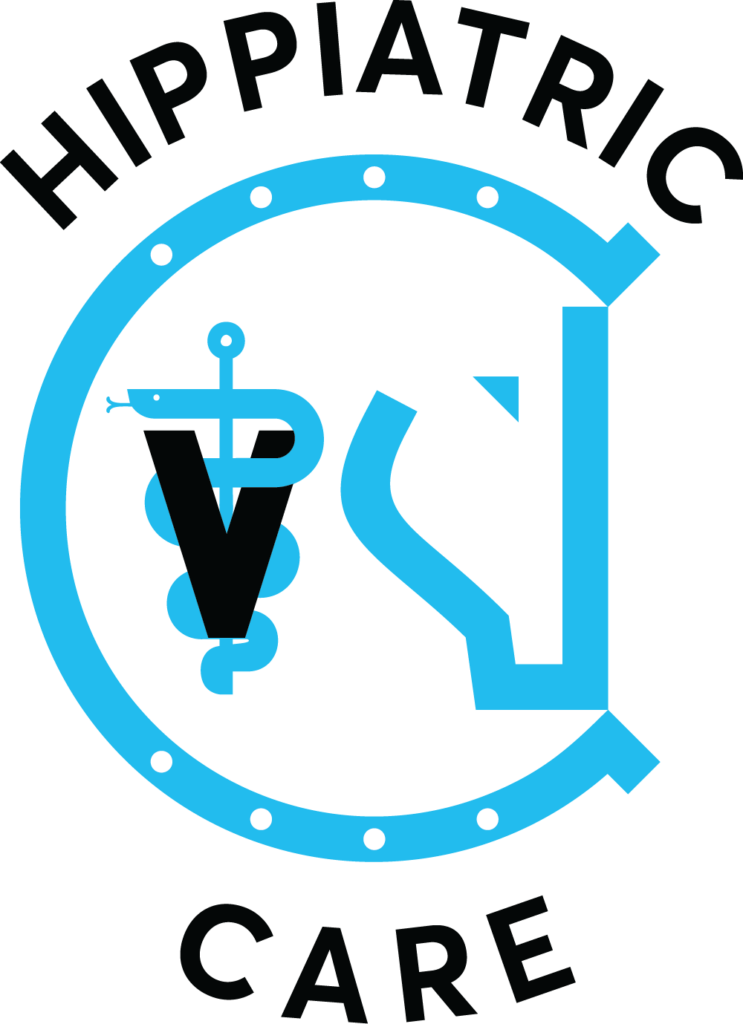Internal medicine
INTERNAL MEDICINE
Whether it’s a high-performance horse or a companion animal, having a trusted equine veterinarian by your side to provide general care and preventative medicine is of utmost importance in helping to keep your horse healthy and happy throughout its life.
Building a long-term relationship with the team at Hippiatric Care will be extremely beneficial in monitoring your horse and detecting any problems as early as possible.
Clinical examinations, vaccinations, blood tests, dental care and farrier services are essential provisions to ensure horse’s well-being. In addition, we collaborate with the two largest and most reliable laboratories in Europe to perform specialized tests that cannot be carried out in Greece.
Unlike orthopaedics, where symptoms are usually visible, internal pathology in horses is often not given enough attention, resulting in many pathological incidents remaining undiagnosed, until the clinical condition of the animal worsens.
Diseases
Equine internal medicine encompasses a wide range of conditions affecting the nervous, respiratory, gastrointestinal, urinary, and cardiovascular systems. Reduced performance, weight loss, fever, diarrhea, colic and coughing are just a few of the symptoms that indicate the presence of a pathological problem. Liver disease in horses is a condition that can cause jaundice, weight loss, photosensitivity, abdominal pain and a tendency to bleed.
In the field of dermatology, skin tumors (such as sarcoids and melanomas) and allergic skin diseases often appear in horses and require prompt treatment.
Infectious diseases
Infectious diseases can significantly affect the health and athletic performance of a horse and in some cases prove fatal or have long-term effects. Some examples of infectious diseases are influenza, rhinopneumonia, leptospirosis, viral arteritis, piroplasmosis and equine infectious anaemia.
Endocrine disorders
Dysfunction of the pituitary gland (Pituitary pars intermedia dysfunction (PPID) or Cushing’s syndrome) is the most common endocrinopathy in horses. It usually occurs in older horses and rarely in horses under 10 years of age.
Specifically, 1 in 5 horses over 15 years of age suffers from Cushing’s Syndrome (Equine Veterinary Journal, Vol. 45, January, 2013). Unfortunately, the symptoms are not always obvious, and among other symptoms, the disease is manifested by poor performance, lethargy, hypertrichosis, weight loss, infertility and laminitis.
Heart conditions
The function of the cardiovascular system is to ensure that the tissues of the body are supplied with adequate blood flow to meet their needs for oxygen and nutrients, and to prevent the accumulation of metabolic by-products.
In collaboration with veterinarians who are specialized in cardiology, we provide the opportunity for a complete cardiac examination, which includes the electrocardiography and heart triplex (color transthoracic echocardiogram). The aforementioned tests are necessary to diagnose acquired or congenital heart diseases in horses.
In the event of a diagnosis of a cardiac disease, the veterinarian will assess the degree to which this pathological condition affects:
- The athletic performance of the horse
- Its health and life expectancy
- Its resale value
- The safety of the rider
